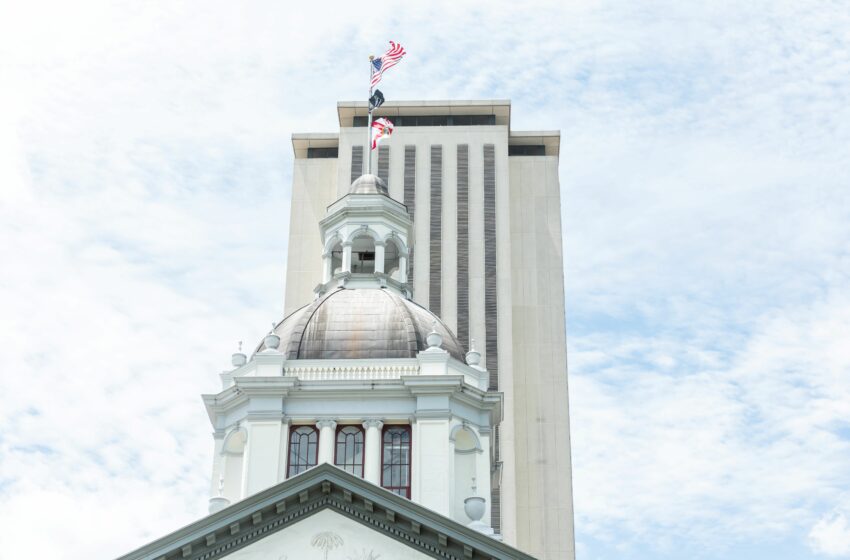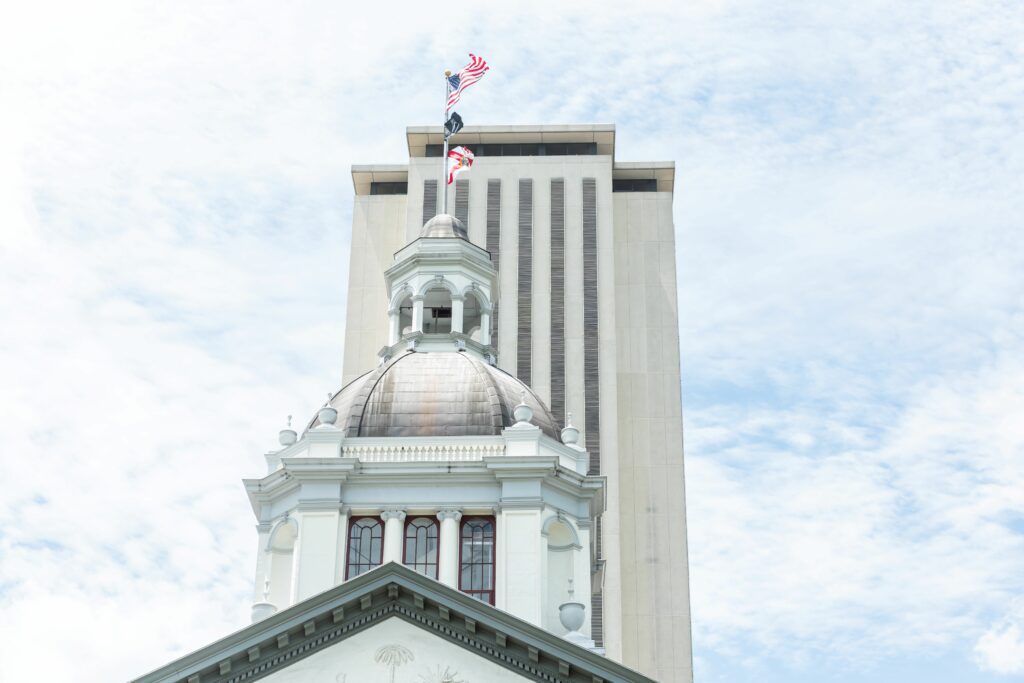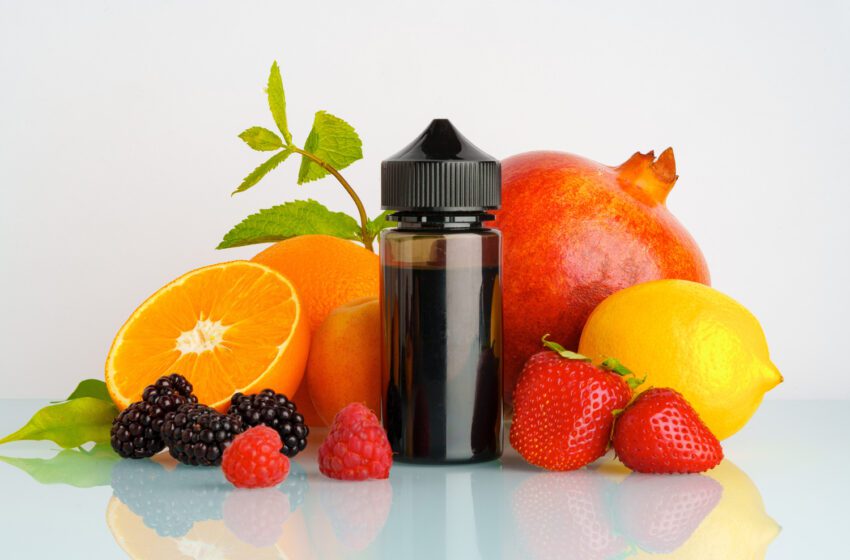
The Vermont House and Senate have agreed to a bill banning the sale of flavored tobacco and e-cigarette products.
However, the legislation faces a possible veto from Gov. Phil Scott.
Backers of the ban say the state spends roughly $400 million a year to treat tobacco-related illnesses and that the tobacco industry targets younger smokers with fruit-flavored vaping products and BIPOC adults with menthol cigarettes.
It’s estimated that the ban could result in a $15 million loss in state tax revenue, which Scott is concerned about.
At a recent press conference, he also said the bill is inconsistent with state law, which allows the sale of flavored alcohol and cannabis products, according to media reports.
“So it just seems like we’re not being fair about this in some respects. I mean, we already do it in some, many areas,” Scott said. “If it’s $15 million that we stand to lose by putting this ban into place, I think we better reflect on that.”
Supporters of the bill argue that the revenue loss will be offset by the huge savings in health care costs associated with the ban.




















